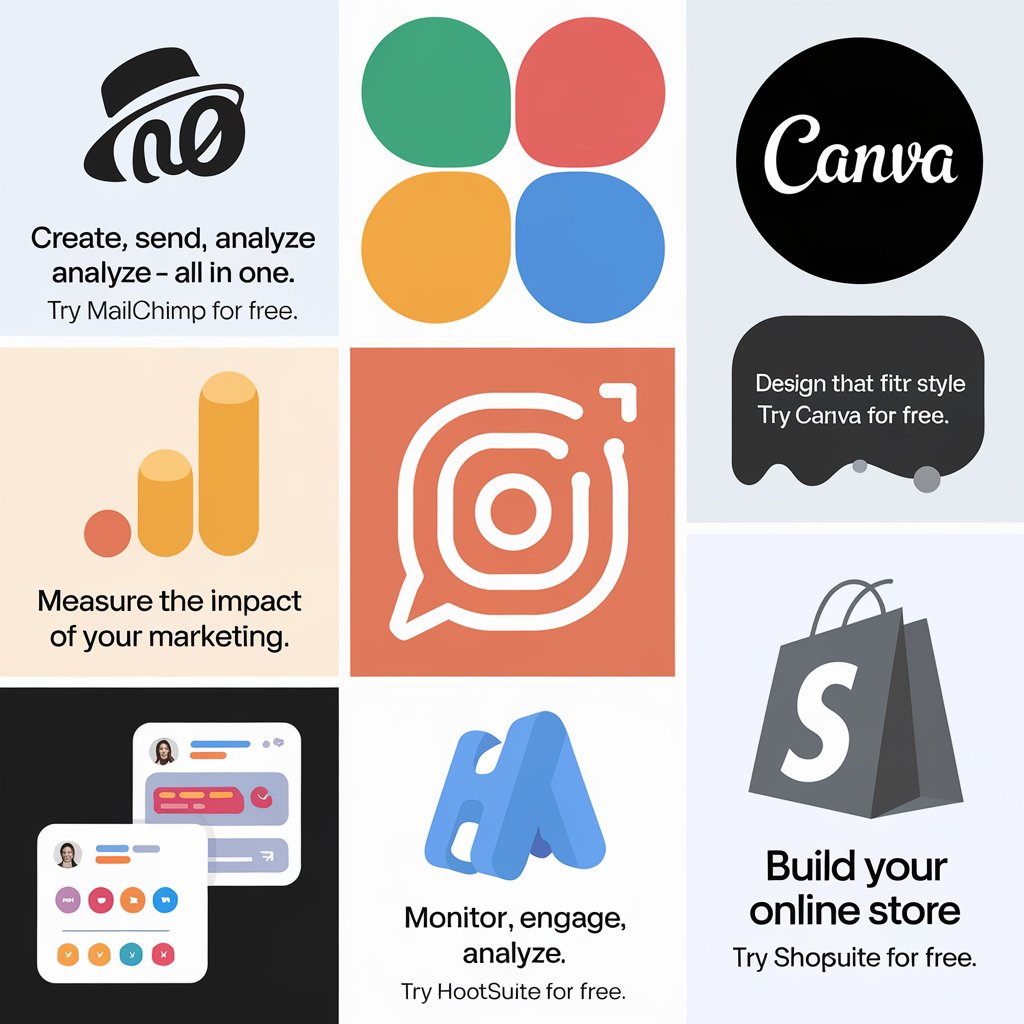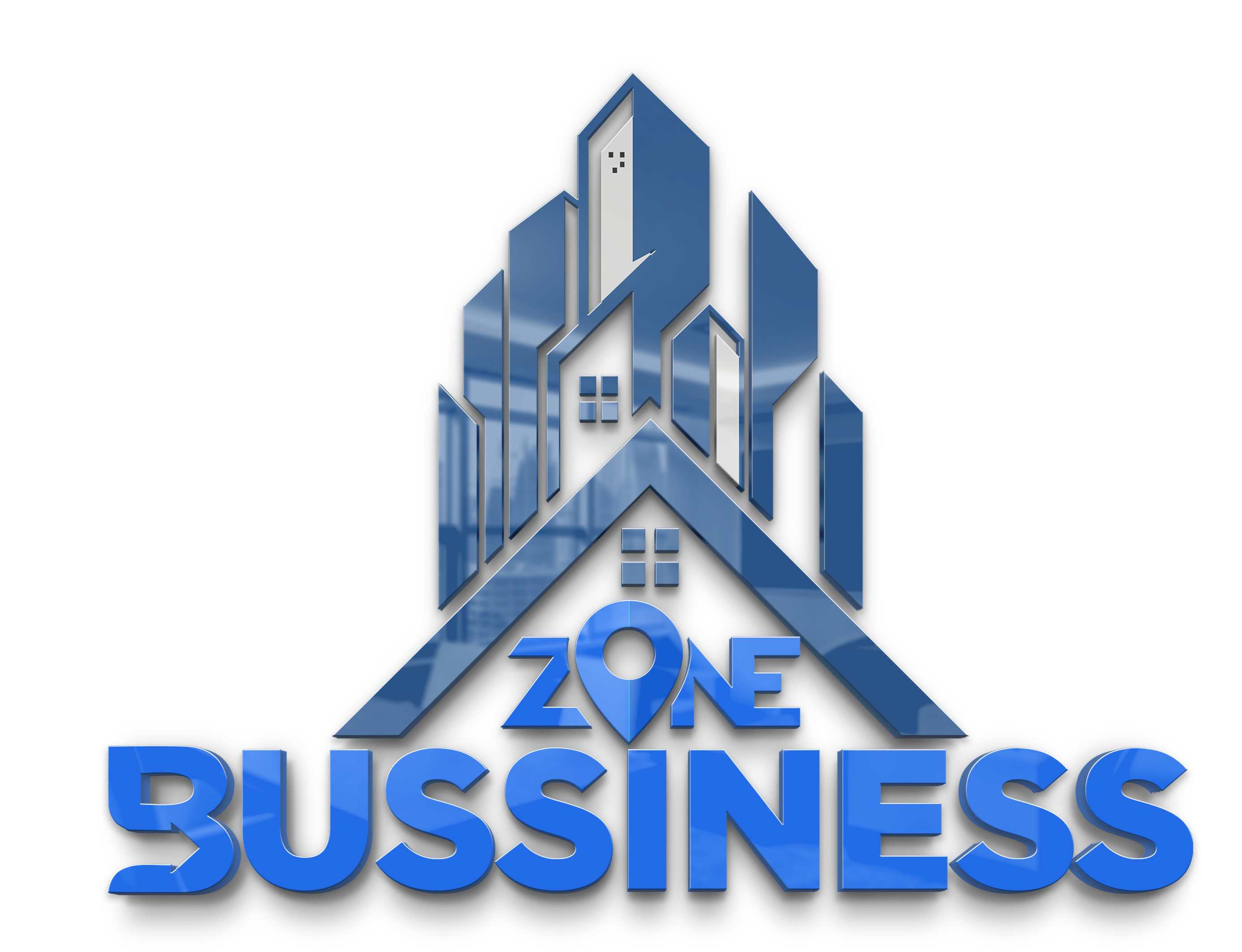What is the Most Powerful Marketing Tool?
In the fast-paced world of modern marketing, businesses are always seeking new ways to engage customers and drive growth. With numerous strategies and tools available, it can be difficult to determine which one holds the most power. However, after evaluating various options, it’s clear that content marketing stands out as the most powerful tool for businesses today. This article explores why content marketing reigns supreme and how you can leverage it to build your brand, engage with customers, and drive meaningful results.
Introduction to Marketing Tools
In a digital-first world, effective marketing is essential for a business’s success. Traditional marketing methods like print ads or TV commercials have been supplemented by digital tools that allow for greater targeting, personalization, and interactivity. From social media to SEO, each marketing tool has its own strengths. However, to stand out in the crowded digital landscape, businesses need to focus on strategies that not only attract attention but also nurture long-term relationships.
The Rise of Content Marketing
Among the various tools available, content marketing has emerged as the most powerful. By focusing on creating high-quality, relevant content that addresses the needs and interests of your audience, content marketing provides long-lasting value. It builds trust, encourages engagement, and positions your brand as a leader in your industry.
What is Content Marketing?
Content marketing involves creating and sharing valuable, relevant content designed to attract and engage a specific audience. Rather than directly selling a product or service, content marketing focuses on educating, entertaining, or informing the target audience. This could be through blog posts, videos, social media content, podcasts, and more.
Why Content Marketing is Effective
Content marketing allows brands to create long-lasting relationships with their audience. By consistently delivering value through informative blog posts, engaging social media posts, or useful videos, you can build trust and authority within your industry. Unlike traditional advertising, content marketing does not feel intrusive—it provides value first, fostering a stronger connection with potential customers.

The Role of Social Media in Marketing
Social media plays a pivotal role in modern marketing strategies. Platforms like Facebook, Instagram, LinkedIn, and Twitter allow businesses to connect with their audience on a personal level, driving engagement and fostering loyalty. Social media also amplifies the reach of your content, helping it go viral and reach a larger audience.
Social Media as a Powerful Marketing Tool
Social media is a tool that can quickly amplify your marketing efforts. With the right strategy, you can create engaging content that is shared, liked, and commented on, helping your brand reach new customers. Social media platforms also offer targeted advertising, allowing you to reach specific demographics based on interests, location, and more.
Best Practices for Social Media Marketing
To make the most of social media, businesses should focus on creating engaging, shareable content. This includes posts that spark conversation, offer value and align with your brand’s mission. Regular posting, utilizing hashtags, and engaging with followers are key tactics for success on social media.
Email Marketing: Still One of the Best
Despite the rise of newer tools like social media and influencer marketing, email marketing remains one of the most effective ways to engage with customers. By sending personalized, valuable content directly to subscribers, email marketing can nurture leads, promote sales, and build a strong customer base.
How Email Marketing Works
Email marketing allows businesses to stay in touch with their customers by sending them tailored messages. Whether through newsletters, special offers, or personalized recommendations, email campaigns help foster a direct connection with your audience.
Crafting Effective Email Campaigns
To create an impactful email campaign, businesses should focus on crafting compelling subject lines, valuable content, and clear calls to action. Personalization, segmentation, and A/B testing can further optimize email performance.
Search Engine Optimization (SEO)
SEO is another critical marketing tool that can drive significant organic traffic to your website. By optimizing your website’s content for search engines, you can ensure that your site ranks higher in search results, making it more visible to potential customers.
What is SEO and Why Does It Matter?
SEO involves optimizing your website so that it ranks highly on search engine results pages (SERPs). This includes optimizing content, improving website structure, and acquiring backlinks. A strong SEO strategy ensures that your content is discoverable by people actively searching for information related to your business.
Effective SEO Strategies for Businesses
Effective SEO strategies include keyword research, on-page optimization, link-building, and improving website speed and user experience. By implementing these strategies, businesses can enhance their visibility and drive more organic traffic to their sites.
The Power of Influencer Marketing
Influencer marketing involves partnering with social media influencers to promote your brand. This form of marketing allows businesses to reach a broader, engaged audience by leveraging the influencer’s credibility and reach.
Influencer Marketing Best Practices
To succeed in influencer marketing, businesses should identify influencers who align with their brand values and target audience. Authenticity is key, so it’s important to work with influencers whose followers trust their opinions.
Paid Advertising: When and Why It Works
While content marketing and SEO provide long-term results, paid advertising can deliver quick, targeted results. Platforms like Google Ads and Facebook Ads allow businesses to reach specific audiences with tailored messages, driving traffic and conversions in a short amount of time.
The Benefits of Paid Advertising
Paid ads can help businesses quickly reach a large audience, increase brand awareness, and drive immediate traffic. When used strategically, paid advertising complements content marketing and SEO efforts, maximizing ROI.
Best Practices for Paid Advertising
To optimize paid advertising, businesses should focus on targeting the right audience, creating compelling ad copy, and monitoring performance to adjust strategies for better results.
Combining Multiple Marketing Tools for Maximum Effect
The most effective marketing strategy involves integrating multiple tools. By combining content marketing, SEO, social media, email campaigns, and paid ads, businesses can create a holistic marketing strategy that drives traffic, builds relationships, and increases sales.
The Power of Synergy in Marketing
Content marketing, SEO, social media, and paid advertising create a powerful synergy when used together. Each tool amplifies the others, increasing visibility, engagement, and conversions.
Conclusion
In conclusion, while there are many powerful marketing tools available, content marketing remains the most powerful due to its ability to build trust, engage customers, and drive long-term growth. By focusing on creating valuable, relevant content and leveraging tools like social media, email marketing, and SEO, businesses can ensure their marketing efforts lead to sustainable success.
FAQs
- What is content marketing?
- Content marketing involves creating and distributing valuable content to attract and engage a specific audience. It helps build trust and authority over time.
- Why is social media important for marketing?
- Social media helps amplify content, connect with your audience on a personal level, and increase brand awareness through engagement and sharing.
- How does SEO affect marketing?
- SEO improves the visibility of your website on search engines, driving organic traffic and making it easier for customers to find your content.
- What is the ROI of email marketing?
- Email marketing delivers one of the highest returns on investment by directly connecting with customers, offering personalized content, and driving conversions.
- Can influencer marketing help small businesses?
- Yes, influencer marketing allows small businesses to tap into established audiences and increase brand awareness through trusted voices.
- What is the role of paid advertising in marketing?
- Paid advertising offers quick results by targeting specific audiences with tailored messages, driving traffic and sales in a short amount of time.



